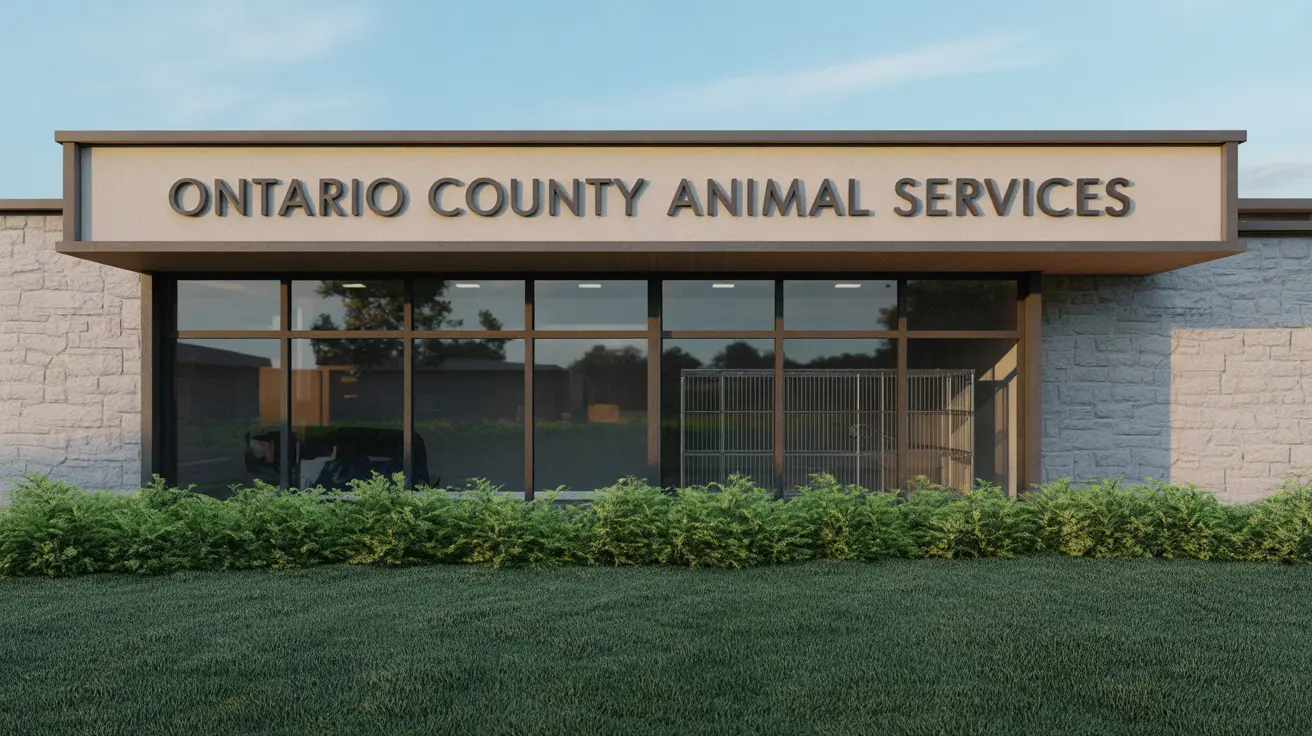The Healthiest Food Options for Senior Dogs
As dogs age, their nutritional needs evolve. Providing your senior dog with the right food is vital to maintaining their health, vitality, and quality of life. Choosing a diet that suits their aging bodies can help prevent chronic illnesses and keep them comfortable in their golden years.
Why Senior Dogs Need Special Nutrition
Aging affects dogs’ metabolism, energy needs, and organ function. Senior dogs often experience reduced activity, diminished muscle tone, arthritis, and dental concerns. As a result, their food must support:
- Joint health
- Cognitive function
- Digestive efficiency
- Kidney and heart support
- Weight management
Top Nutrients Required for Senior Dogs
Quality of food matters more than quantity as your dog grows older. Here are essential nutrients particularly important in senior dog diets:
- High-quality protein: To prevent muscle loss.
- Omega-3 fatty acids: For joint and brain health.
- Glucosamine and chondroitin: To support aging joints.
- Antioxidants: To protect against cognitive decline.
- Prebiotics and fiber: For smoother digestion.
- Low sodium and phosphorus: To reduce the burden on kidneys and the heart.
Best Types of Food for Senior Dogs
Many food manufacturers offer specially formulated senior dog foods. Here are some healthy options:
- Dry kibble: Ideal for dental health but make sure it’s easily chewable for older dogs with dental issues.
- Wet food: More palatable and easier to chew. Often preferred by dogs with reduced appetite.
- Fresh or refrigerated meals: Minimally processed and can be customized to your dog’s health requirements.
- Homemade diets: Prepared with guidance from a veterinary nutritionist to ensure complete and balanced nutrition.
- Prescription diets: Specially made to manage chronic conditions like kidney disease or obesity.
Signs Your Senior Dog May Need a Diet Change
If you notice any of the following signs, your dog’s current food may no longer be meeting their needs:
- Unexplained weight gain or loss
- Increased lethargy
- Digestive issues such as constipation or diarrhea
- Poor coat condition or excessive shedding
- Reluctance to eat or chew food
Recommended Healthy Ingredients
Look for senior dog foods that include the following ingredients:
- Lean animal proteins: Chicken, turkey, or beef with minimal fat
- Brown rice or barley: Whole grains that offer gentle digestion
- Sweet potatoes or pumpkin: High-fiber sources that aid in digestion
- Salmon oil or flaxseed: For omega-3 support
- Vegetables like spinach and broccoli: Rich in vitamins and antioxidants
What to Avoid
Certain ingredients can negatively impact senior dogs, particularly those with sensitivities or chronic conditions. Avoid foods with:
- High amounts of sodium or artificial preservatives
- By-product meals as primary protein sources
- Corn, soy, and wheat fillers
- Excessive fat content
Consulting with a Veterinarian
Senior dogs vary in health conditions, so it’s vital to tailor their diet accordingly. Always consult your veterinarian before switching diets, especially if your dog is managing a disease or taking medications. They may recommend specific therapeutic diets or supplements to enhance your dog’s well-being.
Conclusion
Feeding your senior dog a balanced and appropriate diet helps them age gracefully. Foods rich in high-quality protein, fiber, and nutrients, along with sufficient hydration and tailored portions, can make a dramatic difference in their energy levels and overall health. Make nutritional excellence a centerpiece of your aging pet’s care plan, and they’ll enjoy many more happy, healthy years.





